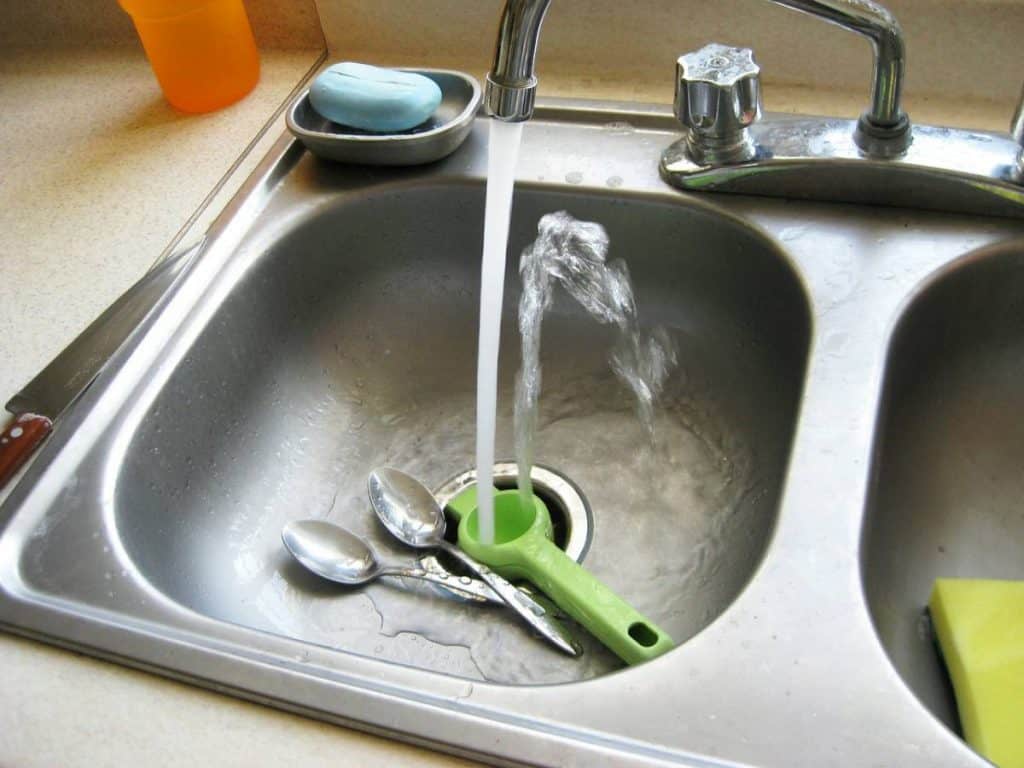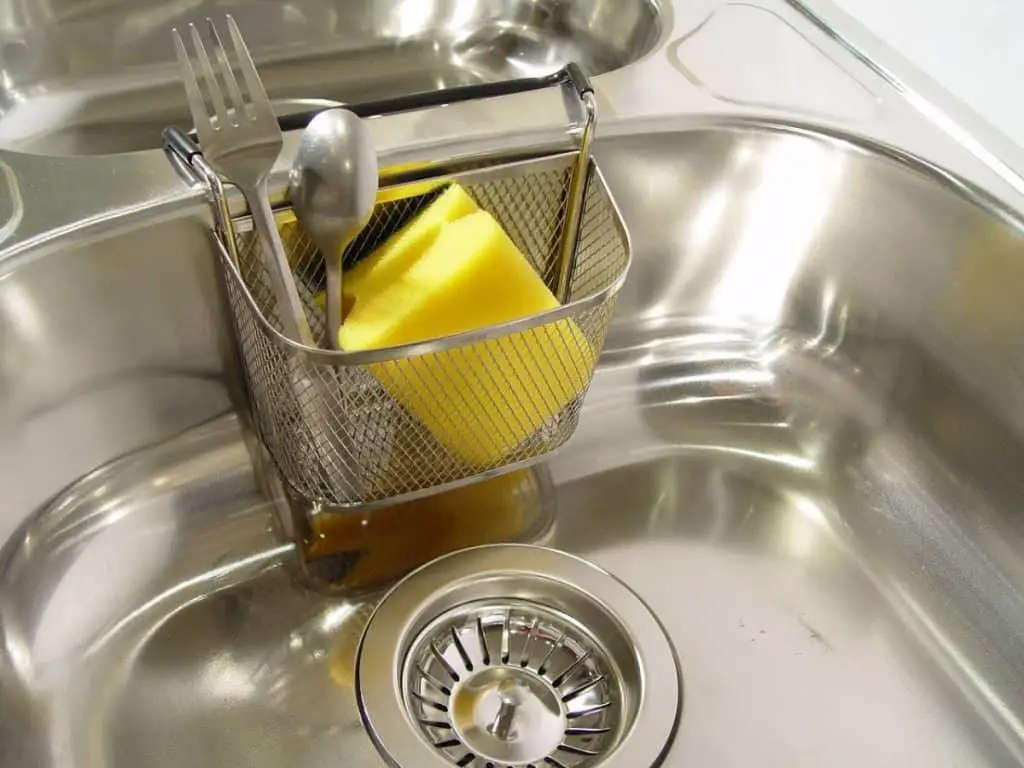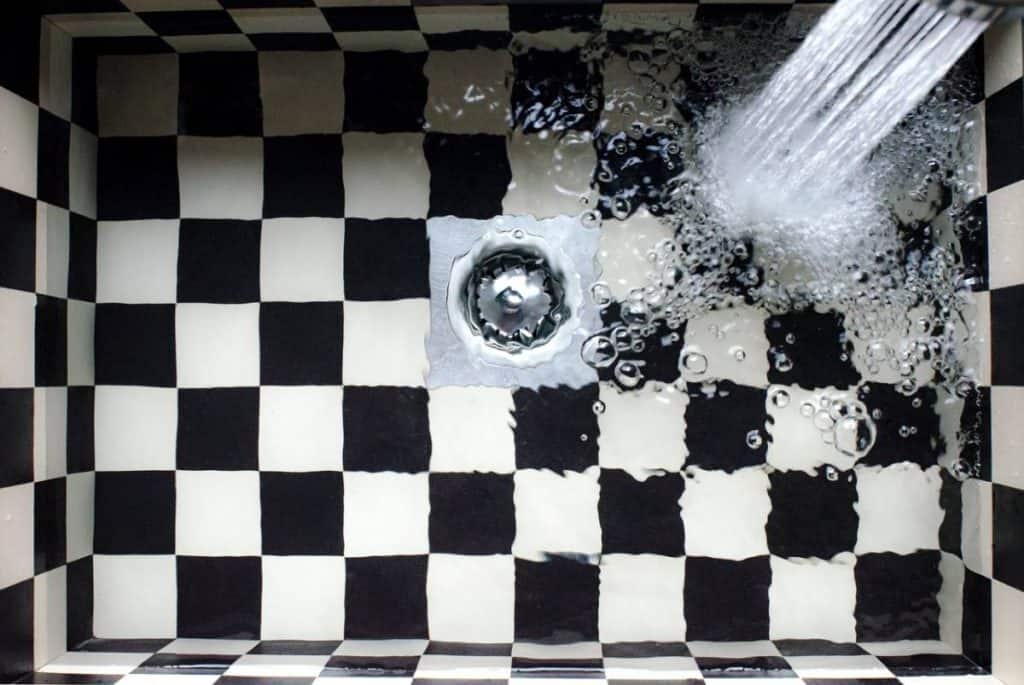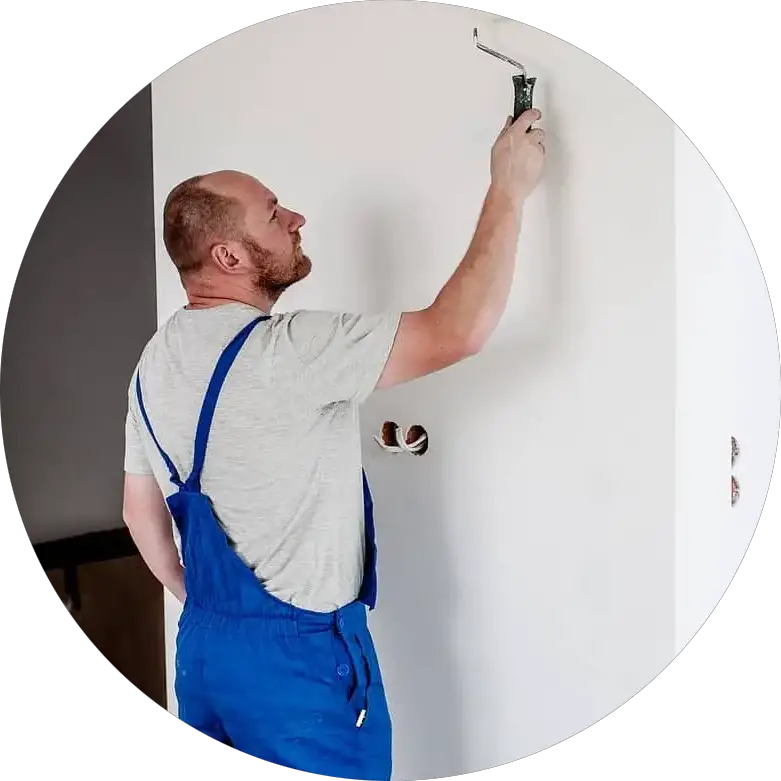
A clogged sewage system is one of the most unpleasant things that can happen at home. If you miss the right moment, you can find yourself knee-deep in water. And this water will not be clean.
It may seem that you cannot cope with clogged sewage without a professional plumber. Still, in some cases, you will be able to cope on your own if you know what to do and which methods to use. Below are several methods that will help to remove sewage clogs in the kitchen, bathroom or shower.
Back to basics: using a plunger
Before you do anything, try to determine what is causing the blockage. This could be an object accidentally caught in a pipe, animal hair, food particles or a mud plug. If it is difficult to determine on the fly, you can use a plunger to start. Thanks to the reciprocating movements of its rubber bowl, the pressure in the pipe will push water in and out, which will break down even dense clogging.
How to use a plunger
First, close the sink water overflow holes. They are usually located on one of the sides. Then press the plunger bowl firmly against the drain, then push and pull the handle in and out several times in a rhythmic movement.
If the sink has two sections, you will also need to close the drain in the second section before starting the process. To do this, you will need to use two plungers at the same time. If there is only one in the house, it is possible to re-create the required pressure in the pipe by closing the second drain hole firmly with a damp cloth.
Once the clog is starting to open, wait until the residue is completely drained and then turn on the hot water for a couple of minutes. If there are small particles of dirt left in the pipe from the plug, water will push them through.

Use soda to clean clogs in the kitchen
Kitchen sink pipes often are clogged because of the grease being washed off the dishes. The grease plug can be removed with a solution of soda. To do this, pour soda to the drain hole, and then add regular vinegar (9%) in a ratio of 1:1. You can also add washing powder to soda and vinegar in the same proportion.
Close the drain hole with a stopper and wait about half an hour. Acid and alkali start reacting and foam is formed. This foam cleans the water pipe with its pressure. You cannot leave this solution in the sink overnight, especially if the apartment has plastic pipes. Vinegar is a caustic substance and can damage plastic pipes. At the end of the operation, it is essential to rinse the sink and pipes with running water for, at least, five minutes.
Use special household chemicals for all pipes
Many special household chemicals have been designed to fight clogged sewage pipes. They usually come in one of three types: liquid, gel, and powder (granular). Liquids are most often used to fight grease and fat clogs. Powders are more potent and suitable even for very complex organic clogs.
The main active ingredient in almost all products is sodium hydroxide, which is a strong reagent. In addition to it, sodium nitrate, potassium hydroxide, acetic acid, chlorine, surfactants as well as other additives can be added to the clog control agents to speed up the chemical reaction. The effectiveness of each specific product depends on the concentration of active ingredients.
Pipes in the bathroom and kitchen are clogged not for the same reason. Clogs in the kitchen are usually due to fat and food particles. Clogs in the bathroom appear more often due to balls of hair. Unclogging products are designed with these differences in mind.
For example, to remove grease clogs in the kitchen, granules of special cleaning powder heat up and melt the accumulated fat when these granules experience contact with water. After grease is melted, it can be washed away with running water. Such a product usually removes clogging in around 15 minutes. No chlorine is used, the product is safe for pipes and does not smell.
Use specially designed cable for hard-to-clean clogs
Heavy clogs can be cleaned with a special plumbing cable. At the end of this cable, there is a special nozzle that catches old and hard-to-break clogs formed on the walls of the pipe and splits them. Such a plumbing cable should be inserted into the drain hole and pushed inwards. This operation requires turning the cable in the pipe, periodically rinsing it with water and removing the scraped off dirt from the nozzle.
For wide pipes, you can use a metal shaft, which will be analogues to the cable. The principle of operation is the same. This approach is more effective for complex clogging or when other tools are not able to reach the clogged area. For example, when clogs take place at the turn of a pipe.
You need to remember that either the plumbing cable or metal shaft must be used with care. They are usually not suitable for plastic pipes, especially if those pipes are old and have not been replaced for a long time.

Use aspirin for balls of hair
If you want to remove balls of hair, aspirin or other bubbly tablets, such as vitamin C, for example, can be used as a handy clog control. They work on the same principle as soda. Place a few tablets in the drain hole and add a glass of vinegar. After 10 minutes, turn on running water at full power, so that the stream of water pushes through the dirt.
For bathtubs where clogging occurs mainly due to hair plugs, there are special products designed to fight exactly these types of clogs. They often handle clogging even from tangled hair. Usually, products are sold in already measured doses, which are easy to use and do not need to be measured prior to application. This easy-to-use format also allows to clean the pipes in the bathtub and the sink at the same time.
What to do to avoid clogged sewage?
Preventing sewage clogs is easier than fighting them. There are a few simple rules to follow for such preventive maintenance.
Firstly, to protect the pipes (especially kitchen pipes) from large particles. Always use the drain hole grilles. Ideally, they should be installed not only in the kitchen sink but also in the bathroom and other places, where you use running water.
Second, always remove any food leftovers from the kitchen sink before washing the dishes. Cocking oil or grease should not be washed in the sink. If it has already lost its liquid state, soak the pan with warm water and flush down the toilet. If you cook often, flush the sink with boiling water at least once a week.
We recommend periodic maintenance and cleaning the pipes in order to avoid unexpected clogs.
Read also: How to fight mold appearing in the house? – in this article. And, How to keep house clean and tidy? and not spend a lot of time – in this article.

